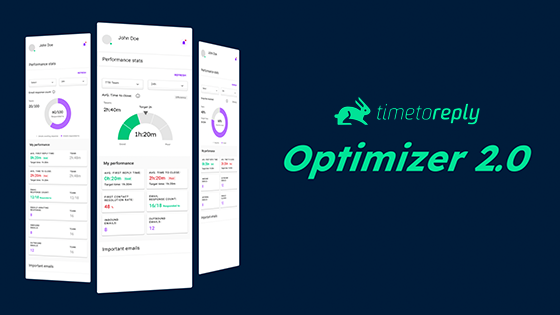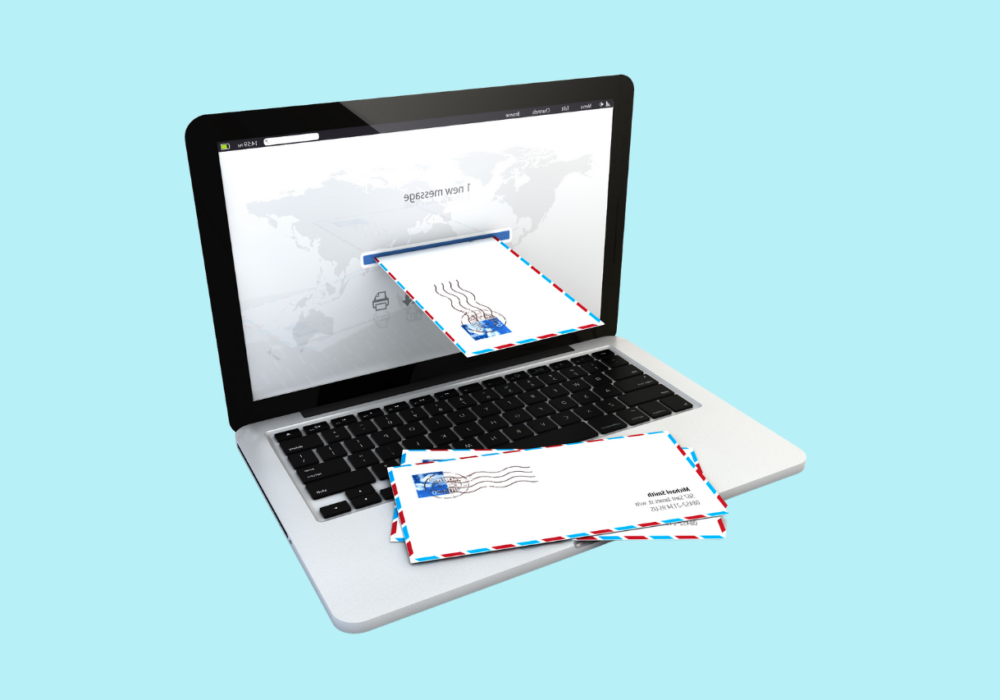The travel and tourism industry is huge. Massive! Its contribution to the global GDP in 2020 was approximately 4,671 billion US dollars. Hotels, transport, attractions, and tourism companies all contribute to this statistic. Multiple travel restrictions and consumer skepticism because there was no clear end to the pandemic, resulted in the industry being one of the hardest-hit last year. International tourism arrivals fell by 73% and hopes for a quick recovery were dented by the Delta variant which seemed more pervasive than its predecessors.
Vaccination programs around the world have breathed new life into travel in early 2021. However, according to the World Tourism Organization, the future shouldn’t be viewed through a pre-pandemic lens. One of the impacts of the pandemic on life as a whole is people thinking harder about the destinations they intend to visit.
Governments in territories that heavily rely on tourism are reinventing themselves. In Costa Rica for example, a continuing shift toward ecotourism is taking place, focusing on conservation and local job creation. The country has also seen an influx of digital nomads in search of pearly white beaches where they can take in the view and the culture as they live and work.
This boom is representative of a similar trend worldwide with countries creating unique visas to include adventure travel and wellness tours to be more appealing.
Destinations are shifting their marketing activities to attract these unique visitors. They have to present themselves as a covid-19 safe location without making the regulations appear disruptive; possibly scaring away potential travelers. Vaccine passports, quarantine regulations, and scans at the airport seem to be here to stay. How tourists and everyone else within the travel industry value chain share this information, is likely to change for the foreseeable future.
As these innovative strategies and changes are being implemented, email response time will play a vital role for service providers. This is a result of the back-and-forth nature of conversations that take place in the industry. A client will need to have all the information about the aforementioned restrictions, and regulations. Moreover, they will need the questions they have answered in a timely fashion.

There is no denying that an untimely response to an email is an indication of poor customer experience. According to SuperOffice, the average response time for customer service replies is 12 hours and 10 minutes. However, 88% of customers expect to get a response within an hour. Customers need to feel valued to become loyal customers; they want to know their business is appreciated. If they feel neglected, transitioning to another provider will not be a hard decision and in today’s world, alternatives are a click away.
Despite the rise of digital platforms such as Airbnb and booking.com that empower travellers to make reservations without human interaction, millennials are moving towards tailored solutions. 34% of them prefer to procure the services of an agent, with 60% of them happy to pay more for expertise. They want to focus on the experience and not be bothered with tedious tasks such as researching the travel requirements in different countries, booking a coronavirus test, or coordinating airport transfers.
As millennials continue to influence industry trends, coupled with the fact that they are not the most patient bunch, email response time isn’t a metric that can be ignored in the post-pandemic world. What distinguishes email as a tool for customer retention is its nature to create a dialogue.
You are going to go back and forth with your customer, confirming details and getting approvals before you finally book a trip. Social media is too fast-paced to do this effectively and privately, while phone calls leave room for things to fall through the cracks because there is no written record. In the travel industry, in particular, customer requests such as a late booking change or the last-minute need to get on a flight are time-sensitive. You can’t afford to be slow in your response.
In regards to business travel, the trends are sliding towards fewer trips with longer stays. This is going to be characterized by a post-pandemic desire for fewer hours spent in the sky, underscored by sustainability which is a growing influence on corporate travel policies. Business travellers are likely to consolidate several journeys into one.
This will allow them to add personal days to enhance their experience. Once again, email response time will be vital throughout the now-longer average business trip. Primarily because of coordination between the moving parts: evolving travel restrictions, the traveller making decisions on the fly, and approvals from the head office among many others.
Our solutions allow teams that work in travel to track average response times from within Gmail, Outlook, and CRM platforms such as Hubspot and Salesforce. You will be able to tell how long it takes team members to respond to emails and how many emails haven’t been responded to with real-time alerts. As a result of our solutions being very simple to integrate, this is one easy but quick way to improve customer experience. By measuring email response time for the customer service teams of your travel business, your customer satisfaction metrics will undoubtedly rise.
Above and beyond monitoring response times for individual team members, we also offer insight into performance for the whole team, per domain or per shared inbox and distribution list. This allows you to get granular when examining multiple data points such as external and internal communications.
Satguru Travel, a global travel company, is currently using timetoreply to empower their operations teams to track their agents resulting in loyal customers. Prior to working with us, they had a bulky ticketing system that had a heavy interface and was time-consuming when it came to extracting reports. They have easily integrated timetoreply to over 200 mailboxes resulting in improved efficiency across the board.
Join them! Schedule a demo now and discover the future of elevated communication strategies!
During this period of widespread remote work, email will come to the forefront as a tool for collaboration. As mentioned earlier a bad customer experience can be defined by the length of time a service provider takes to respond to a customer.
The expectation that a provider should respond in a timely manner has only become more important as a result of remote work. This is because everyone is at their computers or on their devices actively waiting for a response to their request.
In accordance with the Global Workplace Analytics report, the proportion of remote workers has seen an increase of 150%. This is only set to increase by 2028, with 78% of total teams in the global workforce will be inclusive of remote workers. Here are a few steps you can take to more effectively manage your remote team:
Read more about our 5 golden rules for effective team communication among remote teams here.
Tracking email response time is an effective way to maintain a high level of customer satisfaction. It plays a big role in setting performance standards. Now more than ever, time is literally money and for businesses in the travel and tourism industry, something seemingly as trivial as a customer waiting a little too long for a response will be the difference between your next sale or your next loss.



Trusted by high-performing inbound sales teams and customer-facing teams globally.
Close more deals and delight more customers with the faster, smarter, deeper email analytics and performance optimization software that works straight from your team’s inbox.